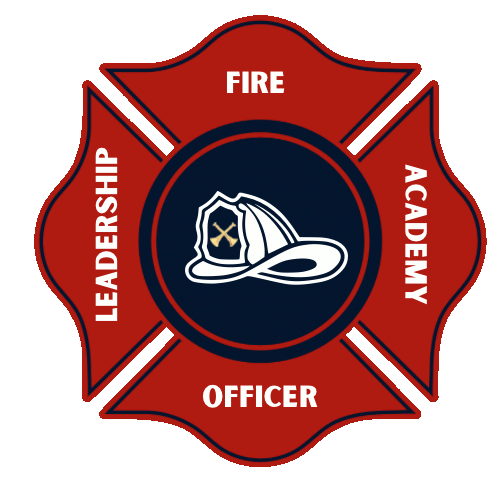In high-pressure situations, success often hinges on collaborative decision-making, experience, and efficient execution. These three elements, when combined, create a powerful formula for achieving goals, whether on the scene of an emergency or within your team and organization.
The Power of Collaboration
Collaboration is more than just working together; it’s about aligning efforts toward a shared goal. A team’s success depends on each member understanding their role, respecting others’ expertise, and working cohesively.
Take hazardous materials response teams, for example. Each member from the group supervisor to the entry team leader, decontamination team leader, and the assistant safety officer, has distinct responsibilities. However, their effectiveness depends on communication, trust, and coordination. The incident commander maintains overall responsibility, but without teamwork, the mission would fail.
Collaboration doesn’t mean giving up authority, it means using collective knowledge to make the best decisions.
Experience Matters in Decision-Making
Collaborative decision-making is most effective when leaders recognize and utilize the experiences of the entire team, regardless of rank or seniority. This is also referred to as crew resource management. A concept originally developed by United Airlines after a tragic aircraft crash in 1978.
During a hazardous materials training exercise, a new firefighter provided valuable insight due to previous experience working at a chemical plant. Though new to the fire service, his expertise was critical to understanding on-site processes. Dismissing such insight simply because of rank would be a mistake.
However, leaders must also consider the unpredictability of personnel availability. If key individuals aren’t present, teams must ensure that knowledge is documented and shared to maintain operational efficiency.
Efficient Execution Requires Strong Team Dynamics
A well-planned strategy is only as good as its execution. But without collaboration and coordination, efficiency suffers.
Shortly after my promotion to battalion chief, a lieutenant told me, “We may not get along in the station, but we get the job done on the street.”
Here’s the truth: If you can’t work together effectively in a non-emergency setting, then you are only completing tasks; you’re not operating at peak efficiency. High-functioning teams thrive on trust, communication, and shared purpose.
Ready to Elevate Your Team’s Performance?
If you’re facing challenges in teamwork or decision-making, I’d love to help. Let’s work together to enhance collaboration and efficiency in your team.
Top of Form
Bottom of Form

